Busting food myths – are apples poisonous?
September 25th, 2015
A little while ago, I was helping a friend prepare for a party by cutting up some apple slices to go on the healthy snacks tray.
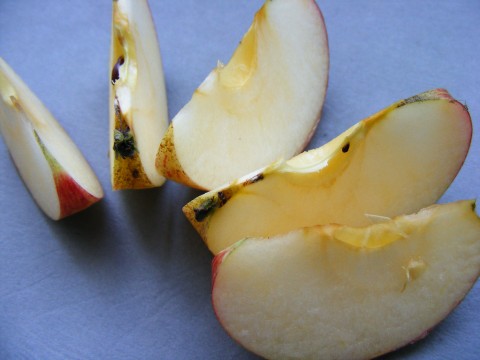 source: Emilian Robert Vicol on Wikimedia Commons
source: Emilian Robert Vicol on Wikimedia Commons
While I was asked to cut each apple as deeply as possible to maximise the amount of sweet and delicious fruit flesh in each slice, I was warned not to cut so deep that I included the apple seeds.
This request wasn’t due to the nasty taste or tough texture of apple cores and seeds, but because rumour has it that apple cores and seeds are full of DEADLY POISON.
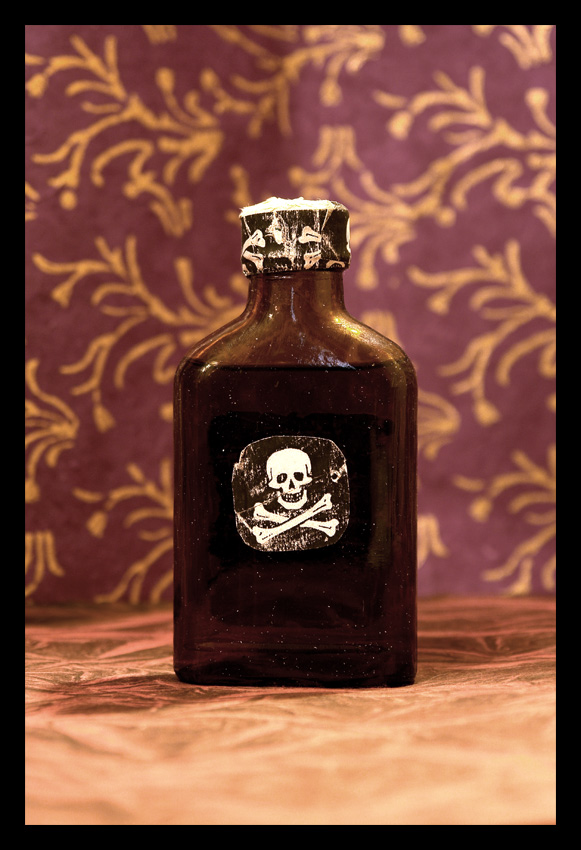 source: Andrew Kuznetsov on Wikimedia Commons
source: Andrew Kuznetsov on Wikimedia Commons
I immediately called shenanigans on what was clearly a myth – poison apples sound like something straight out of Snow White.
How could a fruit that humans have been enjoying for countless generations be dangerous? If that were the case, wouldn’t there be some kind of health department regulations in place?
So imagine my surprise when I did a little research and discovered that this myth was actually TRUE!
Well, TECHNICALLY true.
Let’s take a closer look at the facts, courtesy of the Australian Food Safety Information Council:
“Apple and pear seeds and the inner stony pit (kernel) of apricots and peaches contain a naturally occurring substance called amygdalin which is a cyanogenic glycoside. Amygdalin can release hydrogen cyanide in the stomach causing discomfort or illness. It can sometimes be fatal.”
So apple seeds contain a substance that can release cyanide – a highly toxic poison that’s served as the murder weapon in a multitude of detective and spy stories, and has been used for similarly horrific purposes in real life.
As 30 Rock’s Liz Lemon would say… “what the WHAT?”
But before you swear off apples (and pears, apricots and peaches!) forever, burn down their orchards and salt the earth so they will never grow back again, read on:
While yes, apple pips contain small amounts of amygdalin, this is mostly contained deep inside the seed, which is coated in a hard shell.
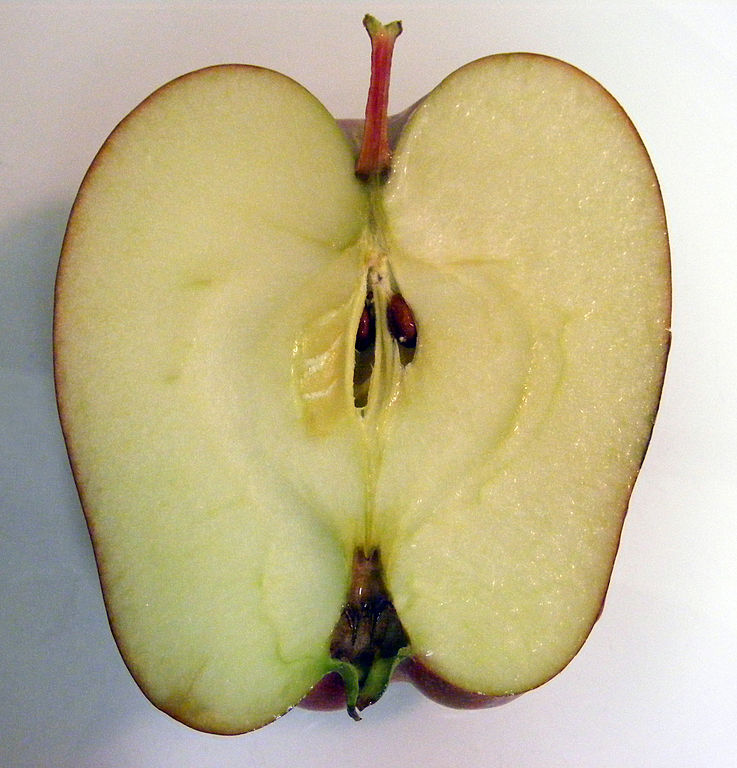 source: J Smith on Wikimedia Commons
source: J Smith on Wikimedia Commons
Because of this tough outer shell, if you accidentally swallow an apple seed, in most cases it will pass straight through your digestive system and emerge intact, all without breaking down enough for this substance to be absorbed by your body.
And while exposure to amygdalin would be possible if you chewed or ground down apple seeds before eating them, the amount of the substance contained in each seed is so miniscule that an adult human would have to eat a fairly significant quantity to put their health at risk. That said, according to the Food Safety Information Council, young children are at greater risk:
“For a young child, swallowing only a few seeds or pits may cause illness and in rare cases can be fatal.”
So the next time you’re cutting up apple slices with a food processor, or baking an apple pie in your oven, you may want to steer clear of the seeds, just to be on the safe side.
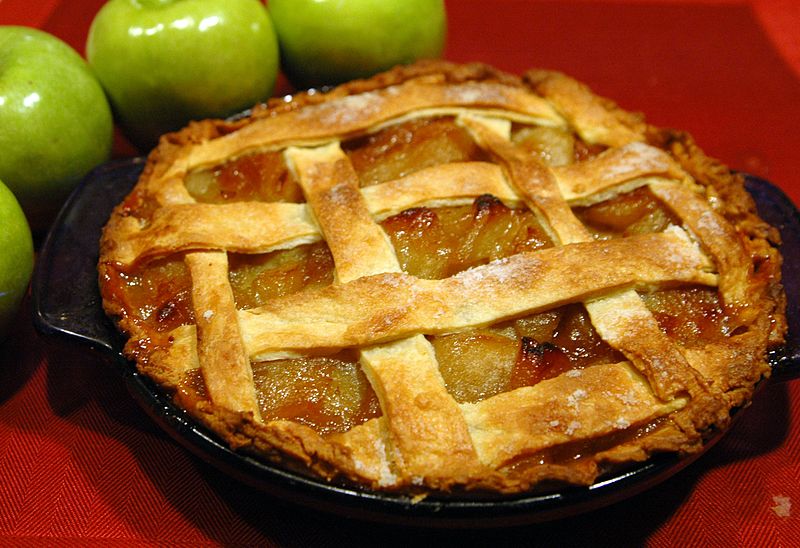 source: Dan Parsons on Wikimedia Commons
source: Dan Parsons on Wikimedia Commons
But if the odd apple pip happens to slip past your eagle eye, don’t panic – unless you’re sitting down to a heaped bowl of apple seeds, you should be just fine.
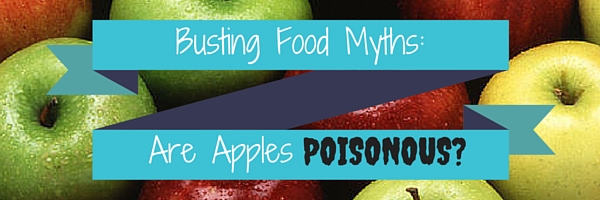
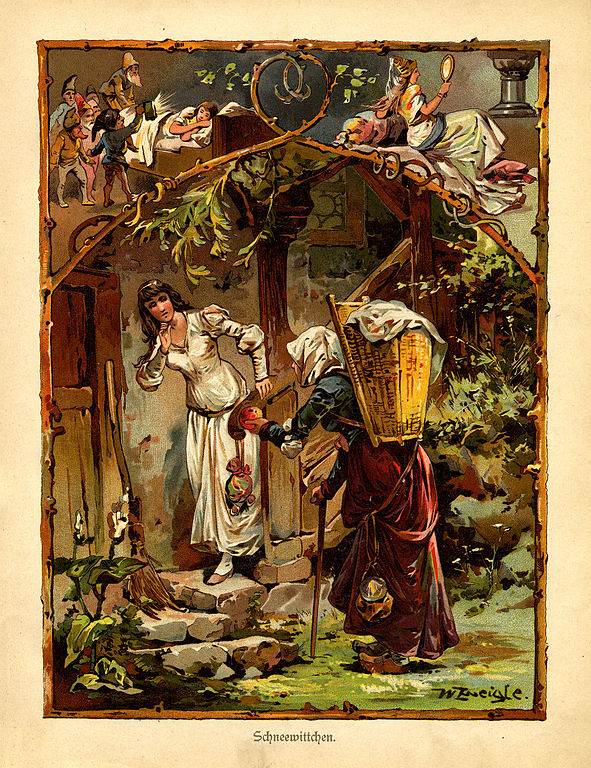
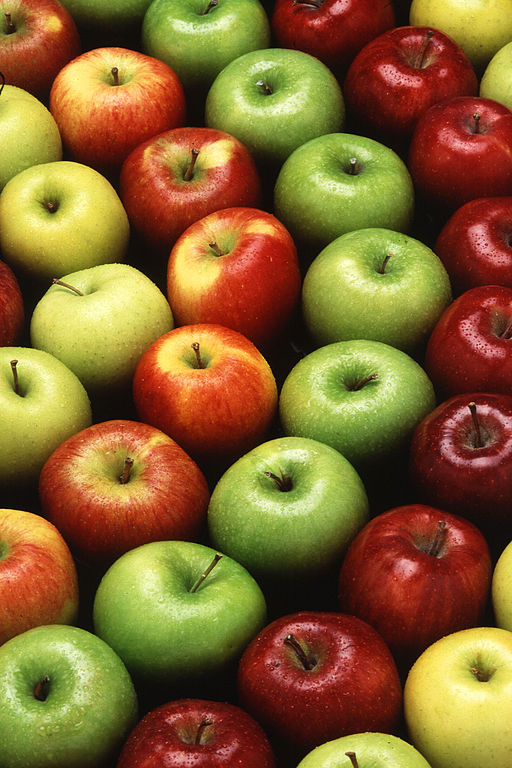


Leave a Reply